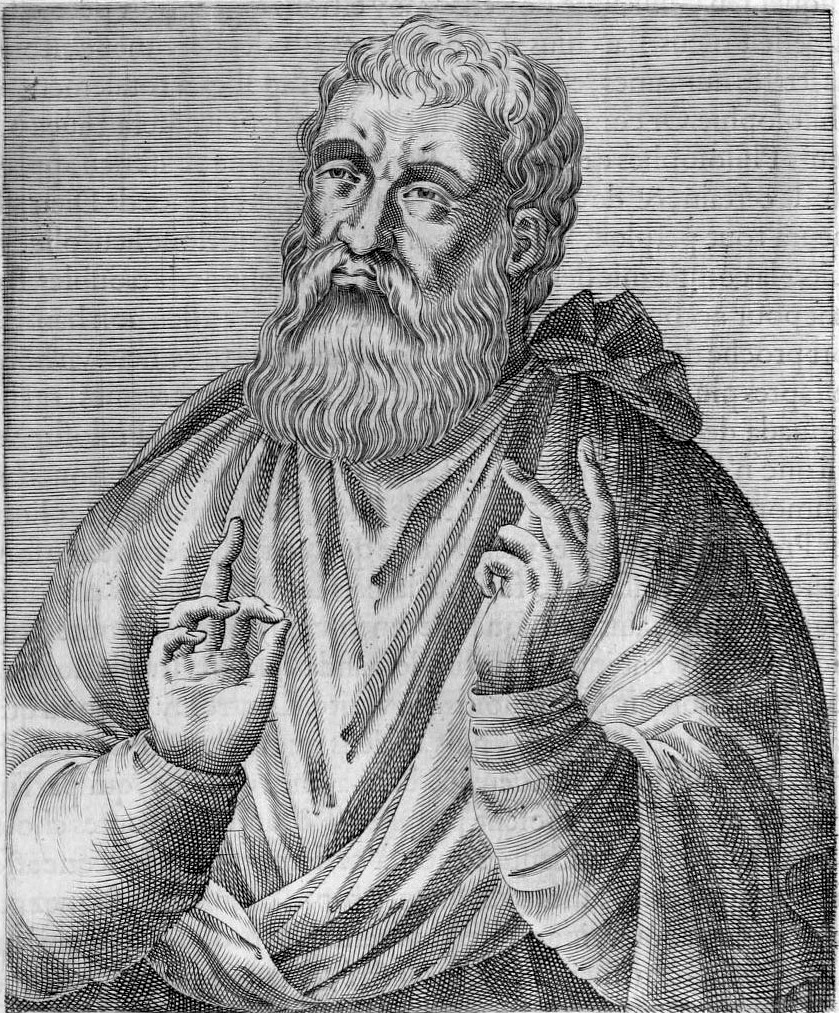 Gender: Feminine
Gender: Feminine
Origin: Germanic
Meaning: “might in battle; strength in battle.”
Eng (mah-TIL-dah)
The name is composed of the Germanic elements, maht meaning, “might, strength” and hild meaning, “battle.”
In the English speaking world, the name has existed since Anglo-Saxon times, in the form of Mæðhilde but the Anglo-Norman forms of Matilda and Maud had replaced the former by the 10th-century.
The name was so common among the Norman aristocracy that it took on the reputation as a “Norman name.” The Normans extended their power throughout Western Europe and introduced the name to non-Germanic countries such as Italy, Spain, France and Portugal.
The name was borne by several medieval personages, who include:
St. Matilda (895-968), the first wife of Henry I the Fowler and mother of Otto I. The details of her life are recorded in the Res Gestae Saxonicae, (Deeds of the Saxons), as well as in the vita antiquior and in the vita posterior. Despite her royal lineage, St. Matilda was known for her piety and charity.
 It was later borne by the wife of William I the Conquer, Matilda of Flanders, also known as Maud Le-Vieux, (1031-1083).
It was later borne by the wife of William I the Conquer, Matilda of Flanders, also known as Maud Le-Vieux, (1031-1083).
In Italian history, it was borne by Countess Matilda of Tuscany (1046-1115), who was known for her support for Pope Gregory VII and for her military exploits.
Edith of Scotland, (1080-1118), changed her name to Matilda upon marrying Henry I of England.
Another English queen who bore the name was Matilda of Boulogne, (1104-1152), wife of Stephen of England. It was also borne by the daughter of Henry II of England, Matilda, the Duchess of Saxony (1156-1189).
In Portugal, it was borne by their first queen-consort, Matilda of Savoy (1125-1158).
Maud was a common vernacular form used more frequently among the lower classes in both England and France. Maud is believed to have originated among the Low Germans since Matilda of Flanders, (who introduced this form of the name), was the daughter of Baldwin of Flanders. Also, in Medieval Dutch and Flemish, when a t appeared between two vowels, it was usually dropped, hence the creation of Maud.
The name was prevalent in England until the end of the 15th-century and was revived at the end of the 19th-century. The name was considered rather old fashioned between the mid to the latter part of the 20th-century, but is now suddenly rising in popularity in several countries.
Currently, in England, she is the 43rd most popular female name, (2008). Her rankings in other countries are as follows:
- # 14 (Australia, 2008)
- # 53 (Chile, 2006)
- # 26 (France, 2006)
- # 485 (the Netherlands, 2009)
- # 25 (Norway, 2009)
- # 25 (Sweden, 2009)
- # 828 (the United States, 2008)
Its diminutive offshoot of Tilly is currently the 93rd most popular female name in the United Kingdom, (2008).
Other forms of the name include:
- Matilda Матильда (Afrikaans/English/Finnish/Lithuanian/Russian/Slovak/Spanish/Swedish)
- Mahthildis (Ancient Germanic)
- Mæðhilde/Mǣþhild (Anglo-Saxon)
- Matylda (Czech/Polish)
- Mathilde (Danish/Dutch/French/German/Norwegian)
- Machteld/Mechteld (Dutch)
- Maud (Dutch/English)
- Maude (English: MAWD)
- Tilda (English/Finnish/Swedish)
- Tilly (English: used as an independent given name)
- Malda/Maldi (Estonian)
- Milda/Mildi (Estonian)
- Matilde (Estonian/Italian/Portuguese/Spanish)
- Mahaut (French: archaic. mah-O)
- Mahault/Maheu/Maheut (French: archaic)
- Mechthild/Mechtilde (German)
- Matild/Mátildá (Hungarian)
- Matthildur (Icelandic)
- Mafalda (Italian/Portuguese)
- Matelda (Italian)
- Mechtylda (Polish)
- Matélda (Romanesque)
- Mallt (Welsh)
Common German diminutives are: Mati, Matty, Hilde, Patty, Patsy, Tilli and Tilly.
English short forms include: Mattie, Tilly and Tilda.
A Dutch and Limbergish pet form is Til.
An Italian short form is Ilde.
A common Germanic diminutive occasionally used as an independent given name is Mette.
Obscure Italian masculine forms include: Matildio and Matildo.
The designated name-day is March 14.
It is also the name of a popular Australian national folk song, Waltzing Matilda.
Sources
- http://www.askoxford.com/firstnames/matilda?view=uk
- http://www.behindthename.com/name/matilda
- http://www.ssa.gov/cgi-bin/babyname.cgi
- Das große Vornamenlexikon, Rosa and Volker Kohlheim, Dudenverlag, Mannheim 2007, S. 292
- Ladó János, Bíró Ágnes. Magyar utónévkönyv. Budapest: Vince Kiadó. ISBN 963 9069 72 8 (2005)
- http://women.timesonline.co.uk/tol/life_and_style/women/article3074698.ece
- https://192.49.222.187/Nimipalvelu/default.asp?L=3
- http://www.ssb.no/navn/
 Gender: Masculine
Gender: Masculine Gender: Masculine
Gender: Masculine Its French feminine form has received some usage in the English speaking world. In French literature, the name is borne by the protagonist of the Marquis de Sade’s novel of the same name, (1791), which was banned in France when it was first published.
Its French feminine form has received some usage in the English speaking world. In French literature, the name is borne by the protagonist of the Marquis de Sade’s novel of the same name, (1791), which was banned in France when it was first published. Gender: Masculine
Gender: Masculine Gender: Masculine
Gender: Masculine Gender: Masculine
Gender: Masculine Gender: Feminine
Gender: Feminine It was later borne by the wife of William I the Conquer, Matilda of Flanders, also known as Maud Le-Vieux, (1031-1083).
It was later borne by the wife of William I the Conquer, Matilda of Flanders, also known as Maud Le-Vieux, (1031-1083). Gender: Feminine
Gender: Feminine Its Spanish and French forms were in usage on the Continent since the early Middle Ages.
Its Spanish and French forms were in usage on the Continent since the early Middle Ages. Gender: Feminine
Gender: Feminine Its English diminutive offshoot, Dolly, was also occasionally used as an independent given name, as is the case with American First Lady, Dolley Madison, (née Dolley Payne Todd Madison), 1768-1849. In fact, the modern English word for doll is supposedly derived from the female given name.
Its English diminutive offshoot, Dolly, was also occasionally used as an independent given name, as is the case with American First Lady, Dolley Madison, (née Dolley Payne Todd Madison), 1768-1849. In fact, the modern English word for doll is supposedly derived from the female given name. Gender: Masculine
Gender: Masculine